Dr. Ed Lazer offers periodontal screenings during preventive care visits. He also provides gum disease treatment for patients who may be suffering from the various stages of gum disease. The Centers for Disease Control and Prevention (CDC) estimates that half of Americans aged 30 or older have periodontitis.
With gum disease, it is common to experience no obvious signs or symptoms. For this reason, regular visits to our Owings Mills cosmetic dentistry office are critical. Gum disease treatment is one of the dental concerns we treat for new and existing patients in Owings Mills, Baltimore County. Our team will help prevent or manage your gum disease so that you can enjoy healthy gums.
Gum Disease Treatment in Owings Mills, MD
Patients with early signs of gum disease may benefit from an intensive teeth cleaning, or scaling and root planning. During this procedure, Dr. Lazer will remove plaque and tartar from the deep pockets of the gum.
Using special tools, he will scrape away plaque and tartar build up and removes bacteria from the deep gum pockets where it forms. Removing the bacteria from the pockets in the early stages of development will prevent gum recession and tooth loss.
Another gum disease treatment we can use is the Bident Tissue Recontouring procedure. Bident is a bipolar surgical device that allows Dr. Lazer to provide quicker, safer and more comfortable periodontal treatments.
We can perform common soft tissue procedures like gum grafts in the comfort of our Owings Mills, MD dentist office. Some of the most common include frenectomy, gingivoplasty, gingivectomy and crown lengthening.
Signs and Symptoms of Gum Disease
If you are noticing any of the following problems, it’s time to schedule an appointment with your dentist.
- Bleeding gums. Gums should never bleed, even when you brush vigorously or use dental floss.
- Loose teeth. Bone loss or weakened periodontal fibers (fibers that support the tooth to the bone) cause loose teeth.
- New spacing between teeth. Bone loss can also cause teeth to shift and create gaps.
- Persistent bad breath. Too much bacteria in the mouth will cause halitosis.
- Pus around the teeth and gums. A sign that there is an infection present.
- Receding gums, or loss of gum around a tooth.
- Red, swollen and puffy gums.
- Tenderness or discomfort. Plaque, calculus, and bacteria buildup irritate the gums and teeth.
Stages of Gum disease
Two key stages of gum disease exist. Typically, patients do not realize they have gum disease until the later stages. Damage to the gums begins to affect the teeth and gums become significantly irritated in the later stages. This is why it’s crucial to have Dr. Lazer perform a thorough exam for gum disease.
Gingivitis
Gingivitis is a bacterial infection and a form of periodontal disease that causes swelling and redness in the gums. It is an early stage of gum disease. Gingivitis is typically easy to treat, but may require additional at-home care to prevent it from returning. Patients with recurring gingivitis may benefit from more frequent dental cleanings.
Gingivitis does not affect bone support and does not destroy bone. The issue is usually the result of plaque buildup on teeth from poor brushing and flossing habits. Signs include swollen red or inflamed gums, a furry or filmy-feeling tongue, bad breath, or bleeding when chewing.
Treatment includes scaling, root planing and using topical antibiotic mouthwash to reduce bacteria levels on teeth. If gingivitis worsens without treatment, it can lead to periodontitis which destroys bone support and surfaces of your teeth.
Periodontitis
Periodontitis is an inflammatory condition of the tooth support system. It can cause permanent damage to gum tissue and weaken the teeth. Periodontitis occurs when a person has untreated dental plaque and gingivitis.
The inflammation from the infection affects bone and tissue surrounding teeth. This can lead to pain and loss of teeth. Treatment often requires intensive and surgical methods to address damage and restore oral health.
Schedule a Dental Exam and Periodontal Evaluation
If you’re searching for a dentist that treats gum disease in Owings Mills and Baltimore, schedule an appointment with Dr. Ed Lazer. He offers many gum disease treatments to help you heal and prevent all stages of gum disease. Call us at (410) 697-6290 or request a consultation online.
